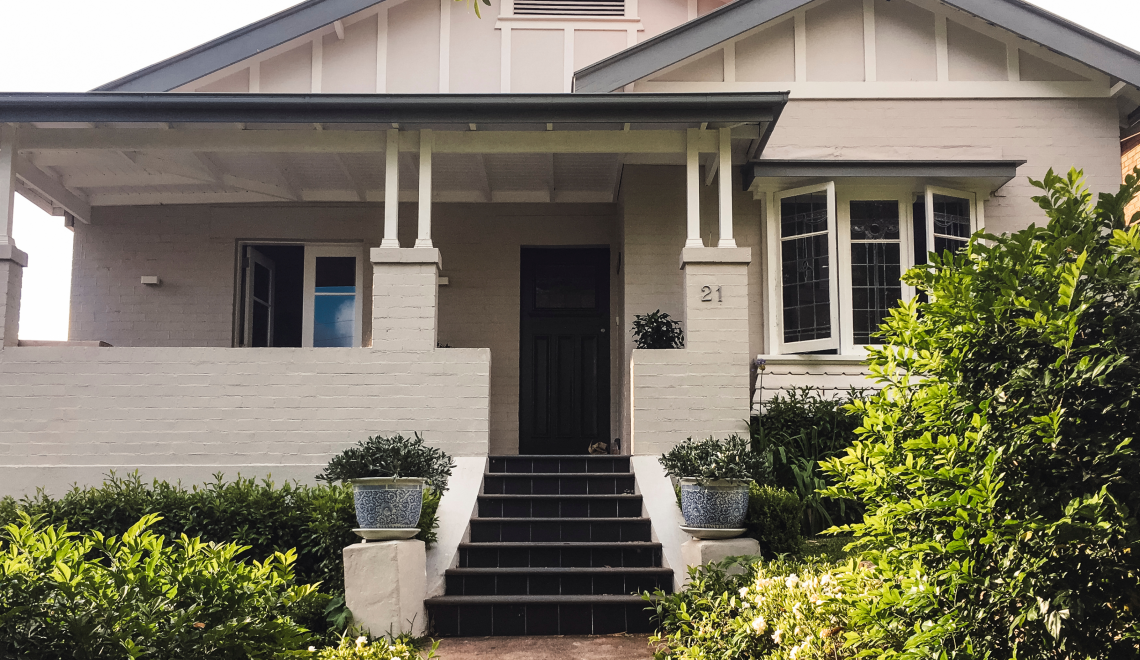
Many homes in Adelaide face common electrical problems. Whether you’re a homeowner, tenant, or property manager, it’s crucial to be aware of these issues for safety and efficiency.
This article explores the five most common electrical problems in Adelaide homes and offers solutions to keep your electrical systems running smoothly.
1. Frequent Circuit Breaker Tripping
One of the most common electrical problems in Adelaide homes is frequent circuit breaker tripping. This can be both frustrating and concerning, as it often indicates an underlying issue.
Causes:
- Overloaded Circuits: This occurs when too many appliances are plugged into a single circuit, exceeding its capacity. Common culprits include kitchen appliances, heaters, and air conditioners.
- Short Circuits: This happens when a live wire comes into contact with a neutral wire, causing a surge of electricity that trips the breaker.
- Ground Faults: Similar to short circuits, ground faults occur when a live wire touches a ground wire or the metal casing of an appliance.
Solutions:
- Reallocate Appliances: Spread out high-energy appliances across multiple circuits to avoid overloads.
- Check for Faulty Wiring: Inspect your wiring for any signs of wear or damage, and if needed, hire a professional electrician in Adelaide to replace it.
- Upgrade Your Circuit Breaker: If your home has an outdated electrical system, consider upgrading to a breaker with a higher capacity.
2. Electrical Surges
Electrical surges are sudden increases in voltage that can damage appliances and reduce the lifespan of electrical systems.
Causes:
- Lightning Strikes: Adelaide’s stormy weather can lead to power surges from lightning strikes.
- Faulty Appliances: Appliances with faulty wiring or components can cause surges.
- Power Grid Issues: Problems within the local power grid can result in surges entering your home.
Solutions:
- Install Surge Protectors: Use surge protectors on sensitive electronics to safeguard against sudden voltage spikes.
- Unplug Devices: During storms, unplug unnecessary devices to prevent damage from potential surges.
- Check Appliances: Regularly inspect and maintain appliances to ensure they are in good working order and not contributing to electrical surges.
3. Flickering Lights
Flickering lights are not only annoying but can also indicate more serious electrical issues.
Causes:
- Loose or Faulty Bulbs: Sometimes, the problem is as simple as a loose bulb or a faulty fixture.
- Voltage Fluctuations: Inconsistent voltage levels can cause lights to flicker.
- Wiring Issues: Loose or outdated wiring can lead to intermittent connections, resulting in flickering lights.
Solutions:
- Tighten or Replace Bulbs: Ensure that all light bulbs are properly screwed in and replace any that are faulty.
- Consult an Electrician: If the problem persists, it may be due to voltage fluctuations or wiring issues that require professional attention.
- Upgrade Wiring: In older homes, consider upgrading the electrical wiring to meet modern standards and prevent flickering lights.
4. Power Outlets Not Working
Non-functional power outlets are a common issue that can disrupt daily activities and pose safety hazards.
Causes:
- Tripped Circuit Breaker: A tripped breaker can cause an entire circuit, including all its outlets, to stop working.
- Faulty Outlets: Outlets can wear out over time, becoming loose or completely non-functional.
- Wiring Issues: Damaged or disconnected wiring within the outlet or circuit can lead to power loss.
Solutions:
- Reset the Breaker: Check your circuit breaker panel and reset any tripped breakers.
- Replace Outlets: If an outlet is faulty, replace it with a new one. Ensure you turn off the power before attempting any replacements.
- Inspect Wiring: Have an electrician inspect and repair any damaged wiring to restore functionality to the outlets.
5. Electrical Shocks
Experiencing electrical shocks from appliances or outlets is a serious issue that requires immediate attention.
Causes:
- Faulty Appliances: Damaged or poorly maintained appliances can cause shocks.
- Improper Grounding: Lack of proper grounding in electrical systems can lead to shocks.
- Wiring Issues: Exposed or damaged wiring can result in electrical shocks.
Solutions:
- Repair or Replace Appliances: Inspect and repair or replace any faulty appliances.
- Check Grounding: Ensure your home’s electrical system is properly grounded to prevent shocks.
- Hire an Electrician: For persistent issues, consult a professional to inspect and repair any wiring problems.
Preventative Measures and Safety Tips
To minimise the risk of electrical problems and ensure safety in your Adelaide home, consider the following preventative measures and safety tips:
- Regular Inspections: Schedule regular electrical inspections with a licensed electrician to identify and address potential issues before they become serious.
- Upgrade Outdated Systems: If you live in an older home, consider upgrading your electrical system to meet current safety standards.
- Avoid Overloading Circuits: Be mindful of how many appliances you plug into a single circuit to prevent overloads.
- Install Safety Devices: Use safety devices such as surge protectors, residual current devices (RCDs), and arc fault circuit interrupters (AFCIs) to enhance protection.
- Educate Household Members: Ensure everyone in your household understands basic electrical safety practices, such as not overloading outlets and unplugging appliances during storms.
Conclusion
Understanding and addressing these common electrical problems can help ensure the safety and efficiency of your home in Adelaide. By taking preventative measures and seeking professional assistance when needed, you can protect your property and loved ones from potential electrical hazards. Regular maintenance and awareness are key to keeping your home’s electrical system in top condition.












